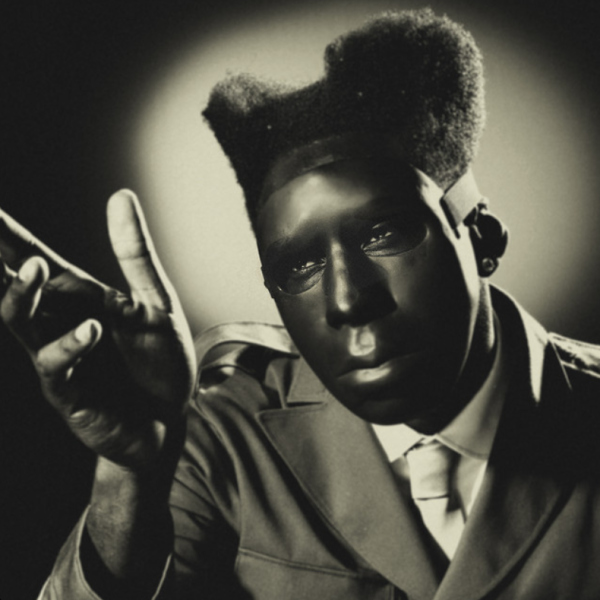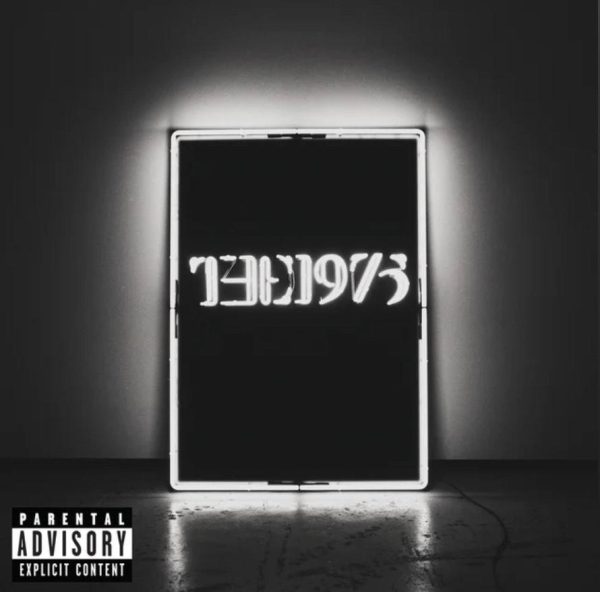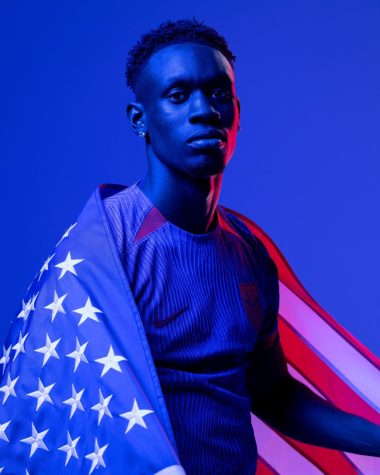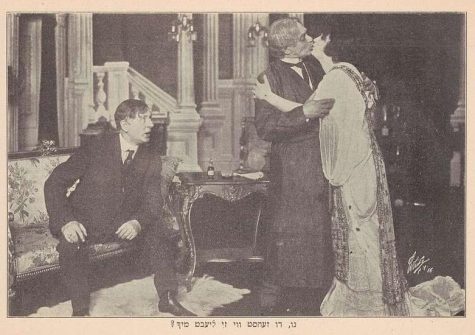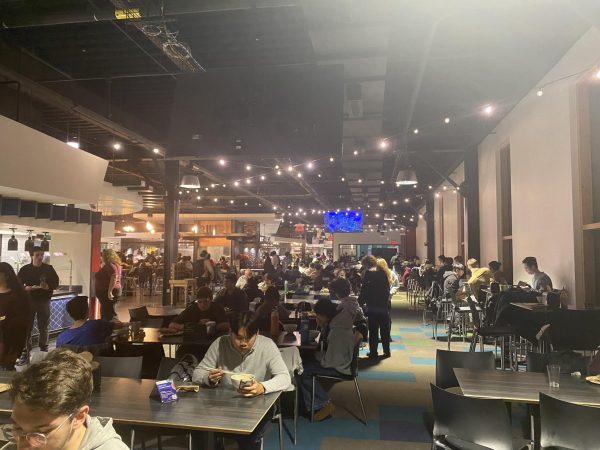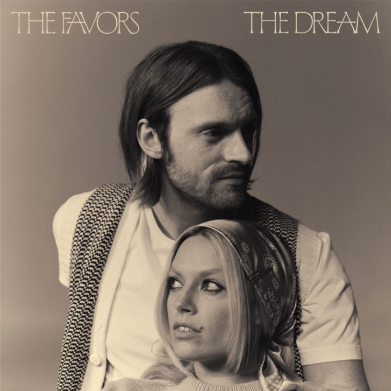The ugly side of the songs we love
Stop and think before you sing your heart out.
It’s a hell of a feeling when one realizes their musical favorites are far more problematic than previously believed.
For the past seven years, I’ve loved the blistering energy, captivating sounds and obscure poetry of the band Dance Gavin Dance. I’ve followed their past four post-hardcore albums religiously, dating to more than half a decade of music I’ve grown obscenely familiar with. Underneath layers of heart-stopping guitar solos, pulsing ferocity, sporadic rap breaks and candy-sweet layers of music, I eventually realized there was a layer I was ignoring — a rampant series of lyrics regularly promoting radical rape culture, penis-focused misogyny, excessive drug use and self-centered indulgence.
It was never a mystery that bad behavior and drug use was close to Dance Gavin Dance’s former vocalist Jonny Craig spent years dealing with addiction, but there was something malicious in the lyrics that was pushed under the rug of their infectious energy.
As a humanitarian activist, I often went out of my way to march, scream and shout against societal injustice — yet as a listener, I didn’t just condone the messages — I actively ignored the lyrics and idolized the band, looking for bits and pieces of musical powerhouse moments and occasionally tasteful lyrics to cling and relate to. Half of the songs I could play on guitar were by them and I tried my very best to reach Tilian Pearson’s levels of hypnotizing range. I was a walking contradiction. Part of me believes I’ll never not love some of those songs.
Now that I’m left in the wake of my ignorance, I’m asking myself one question. How did I cave in to such misguided love?
I investigated several of the things I loved so much about the band that kept me from connecting the sounds to the lyrics. While the post-hardcore genre has been a niche group that has nurtured misogyny and anger for years, I believe there are many similar lyric-concealing strategies in modern pop music that can make us forget the problems about our problematic faves.
Three out of the top five songs from last week’s Billboard Top 100 all follow a similar formula of lyric-concealing to peddle an absurdly similar narrative. Wrapping up ugly lyrics in sweet and repeated layers of sound makes for catchy hooks people learn to sing before understanding. Incorporating female features to musically invalidate a woman’s perspective and play up their male counterparts normalizes the captive, sexualized female narrative in an especially catchy way.
Mentioning specific, relatable objects in song lyrics makes us want to live the fantasy, which is heightened with micro-violent actions like biting and scratching which could arguably end up normalizing — or even worse, glorifying — violence.
Take for example, the current number three position song: “I Don’t Wanna Live Forever” By Zayn Malik and Taylor Swift — a song from the Fifty Shades Darker soundtrack. The song’s lyrics tell a breakup narrative through the lens of a draining male-dominated relationship where the female figure is invalidated and convinced to return. (In a way, keeping “crazy” a normal part of the American Lexicon.)
The fourth top-Billboard song, Bad Things by Machine Gun Kelly and Camila Cabello, follows the same trope of manipulation. Cabello invalidates their thoughts with a sugary-sweet voice and sings about their dependency on the male. Machine Gun Kelly raps about implied back-scratching sex while relating the experience as his own personal drug.
“I’m the voice inside your head that keeps telling you to listen to all the bad things I say” couldn’t offer a much clearer description of how the man manipulates the female until she believes she can’t help but obey. Man gets what he wants, and the catchy outro starts spinning out.
Billboard position number five follows the same formula. Female mental instability, relatable imagery and instant sexual gratification through a heavily repeated chorus.
The misogyny is not hard to find at the cusp of popular American music. Before you know it, the lyrics become superimposed into sing-alongs before people can understand how dangerous the lyrics they’re parroting are.
So what in the world can we do about it? The songs are still catchy and it’s still easy to dissociate from the hegemony going on underneath.
For starters, let’s agree to read the lyrics of songs that pop out to us before we get feelings for them. Almost like doing research about the pretty person that’s been giving you attention, taking a preemptive look saves us time, emotional hardship and brainwashing.
Second, let’s give some more love to music denouncing male-dominant power structures. Taking a break from romance/sex music in general could even be helpful.
To solve my Dance Gavin Dance problem, I turned to other bands in the genre and kept an open mind. Post-hardcore bands like Hail the Sun and Artifex Pereo are doing an amazing job of making relatable, aesthetic societal critique where Dance Gavin Dance failed.
Female musicians like Lily Allen, Tegan and Sara, and math-rock goddess Yvette Young have been making narratives denouncing misogynist power structures for years, and making it sound fantastic.
I’d put their music toe-to-toe with the woman at the top of pop any day.
All that being said, we don’t have to cut ourselves off from music we love cold turkey — a redefinition of what we’re looking for in our music could end up taking one’s ability to appreciate music to a new level of thought.
There are things we all can do to call out and remove ourselves from what’s wrong in popular lyrics — the starting point is the awareness that something is wrong in the first place.
Email Fitzgerald at fpucci@umass.edu or follow him on Twitter @DrMessBDSD.



